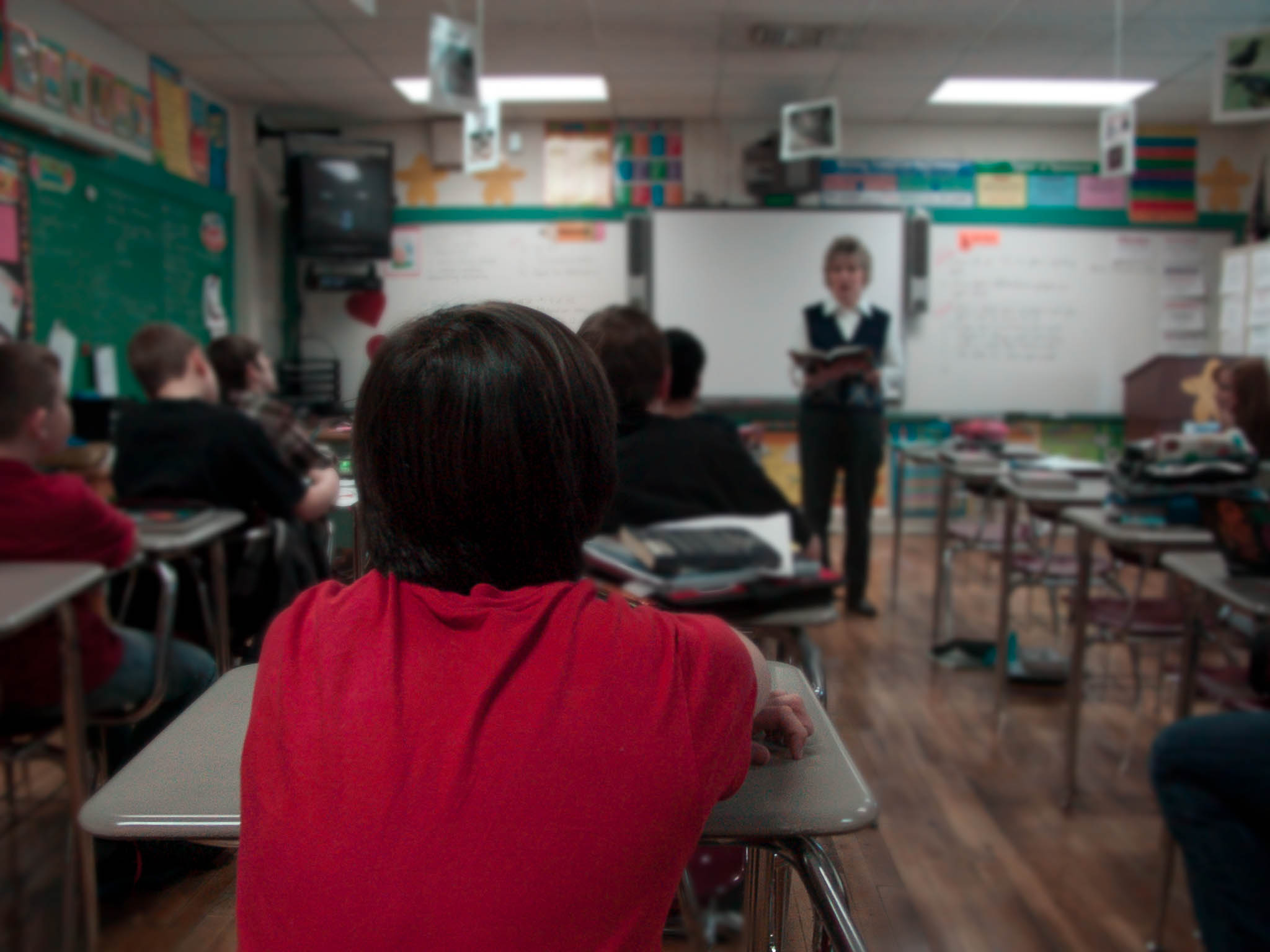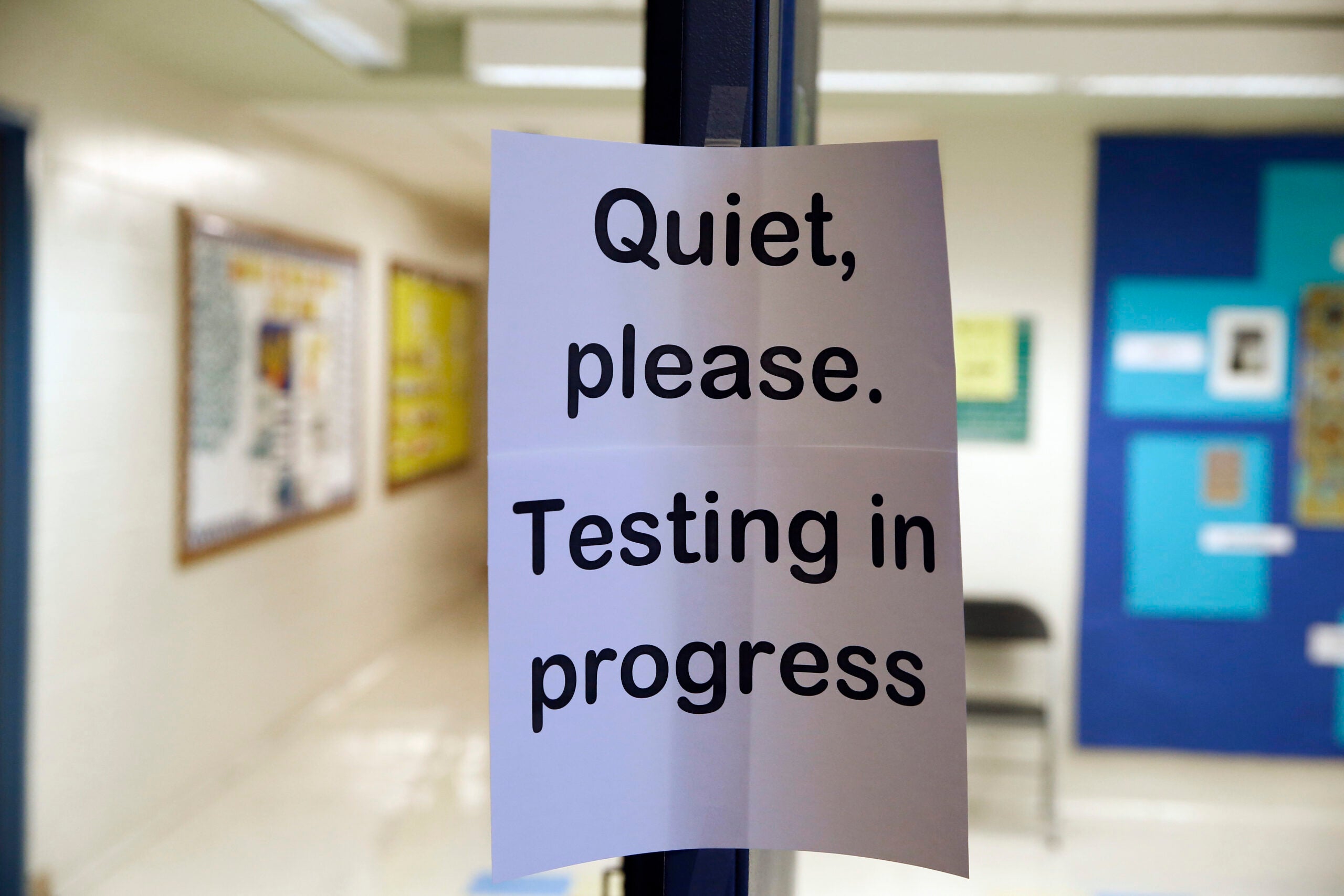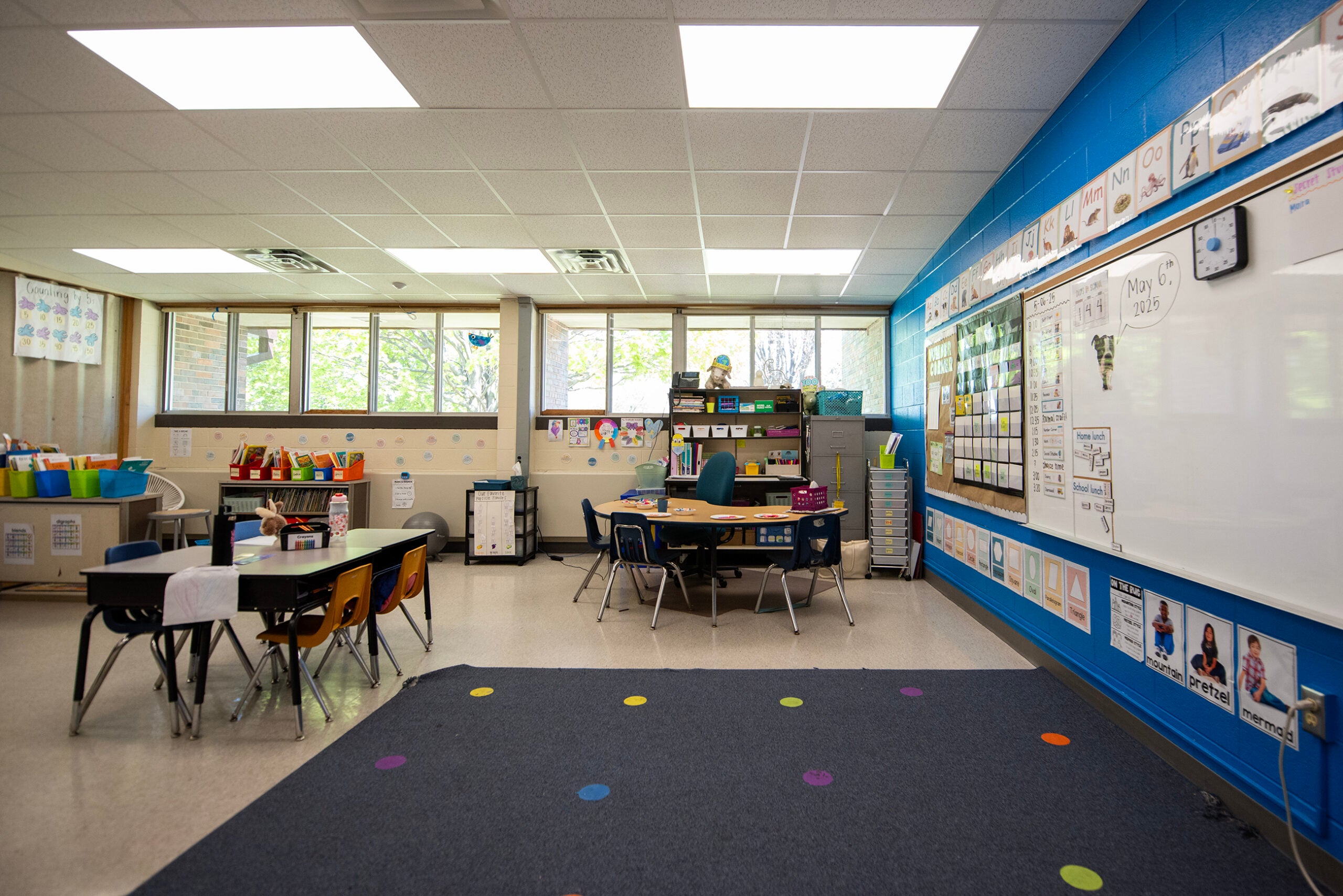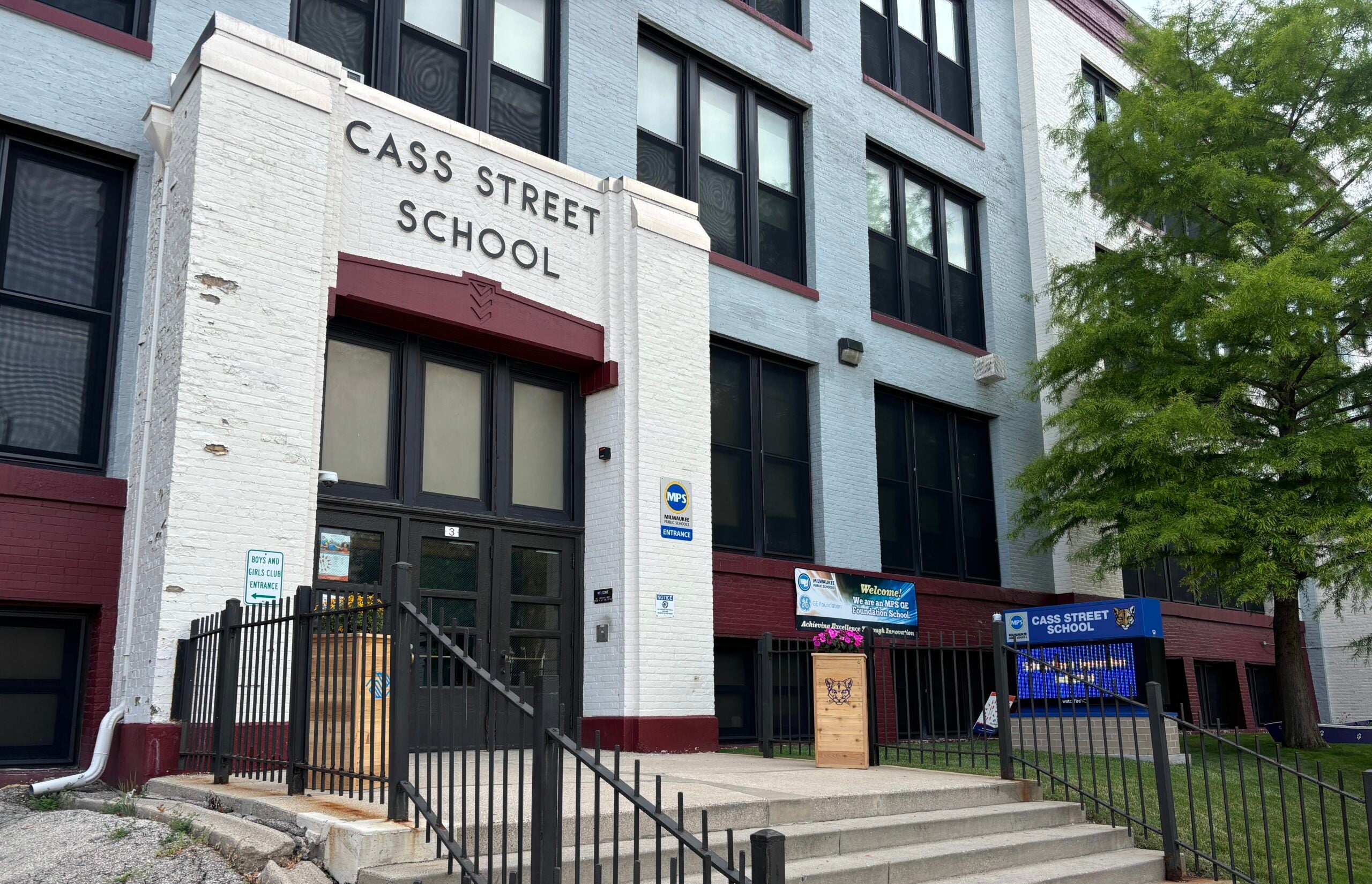For years, stories about the teacher shortage have made the news in Wisconsin and around the country.
But Tim Slekar, dean of the School of Education at Edgewood College, says it’s actually a teacher exodus.
Slekar recently spoke with Wisconsin Public Radio “Central Time” host Rob Ferrett about the issue and the role of accountability and standardized testing.
News with a little more humanity
WPR’s “Wisconsin Today” newsletter keeps you connected to the state you love without feeling overwhelmed. No paywall. No agenda. No corporate filter.
The interview has been edited for brevity and clarity.
Rob Ferrett: So a teacher exodus. Why do you call it that?
Tim Slekar: When we have a shortage, say of nurses, pay goes up, conditions get better and enrollment in nursing programs skyrockets. So if we have a teacher shortage, pay would go up. It’s not. Conditions would get better. They’re not. And enrollment in teacher education would go up. It’s declining. That can’t be a shortage then.
When you talk about the fact that nobody wants to do this job, that parents are telling their kids right in front of me in my office that they don’t support their child becoming a teacher, this is a real issue that needs to be talked about quite differently and that’s why exodus is much better because you have to ask why are they leaving and why aren’t they coming.
RF: You’re saying in many ways it isn’t so much that there aren’t enough good incentives that bring people in, it’s there are negative incentives that drive people out of it.
TS: It’s horrendous. “A Nation at Risk” was written in 1983, since then we’ve gone after education one single way, and that is what we say is accountability, test-based accountability. In other words, we’re going to prove either that schools are failing, which they said they were in 1983; and if they don’t improve by looking at test scores, we’re going to then harm them.
Now over time we’ve looked at this and what do you have: you now have a mass exodus from public schools of teachers.
Some would say, “Well, that’s because they can’t handle the pressure.” I would say that’s the intended outcome using accountability, so Every Student Succeeds, No Child Left Behind. They’re what’s to blame. People will not let go of accountability, they won’t let it go because we keep saying how will we get after the achievement gap — the fact that kids in poverty, black and brown kids aren’t doing as well on standardized tests, according to different measures.
We’re concerned about equity in education. You will never achieve equity by spending the few resources that you have, money, on tests. Tests don’t produce equity. They just show you that you have inequities.
RF: Magic wand, testing is gone. We take the resources from that, put it in your control and do what with it to address these problems?
TS: The first thing is to make sure that every kid coming to school has access to the best children’s literature available. Nothing is a better predictor of being able to learn to read when you get to school as having books in the house. So not one more dime under my leadership goes to testing companies.
We’ve literally spent across the entire United States, some economists say, probably $1 trillion in tests and data systems. I guarantee you that half of that money could have been spent on reducing issues — so books, food for kids, adequate after school care and adequate health care.
Then whatever is leftover goes back to the classroom for teachers, who as the teachers of those kids know what those kids need. And please not one more dime on professional development, sponsored usually by one of the testing companies that comes in and tries to tell the teachers they don’t know what they’re doing, do it our way and this will fix everything.
RF: There is a no-test movement out there, what about that?
TS: I think that that’s helpful, but typically again, people with privilege are the ones that end up doing that.
The research is absolutely clear. Accountability doesn’t work. It will not lift poor kids out of poverty when you test them and continue to not give them food, health care and books.
It continues though to prove the teachers are failing, and then it continues the onslaught of this push on teachers to tell them how inadequate they are. To a point where I now have teachers say to me, “I’m being asked to do things, and in fact I’ve done things that are not best for kids. I’m leaving, I’m demoralized. I cannot do one more thing that will harm a kid in the name of going after some kind of closing of the achievement gap.”
This is where we’ve gotten to and so we need leaders to get to the point, and education leaders like me, particularly, getting out there. But more, political leaders, you need to stand up right now and put the money back in the local school districts, allow teachers to make decisions about what’s best for their kid because I guarantee you, missing gym, missing social studies and getting 20 extra minutes of reading prep for the reading test is not what’s best for kids.
Wisconsin Public Radio, © Copyright 2025, Board of Regents of the University of Wisconsin System and Wisconsin Educational Communications Board.







